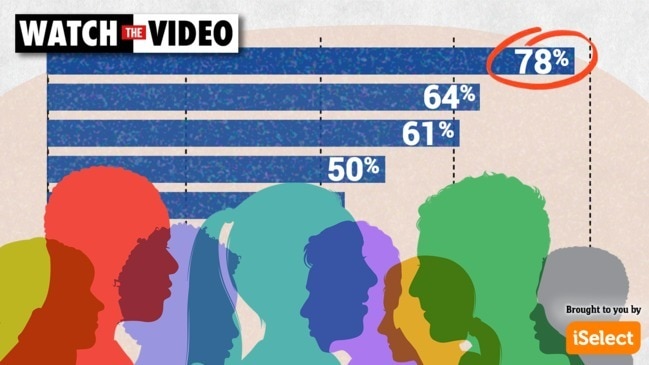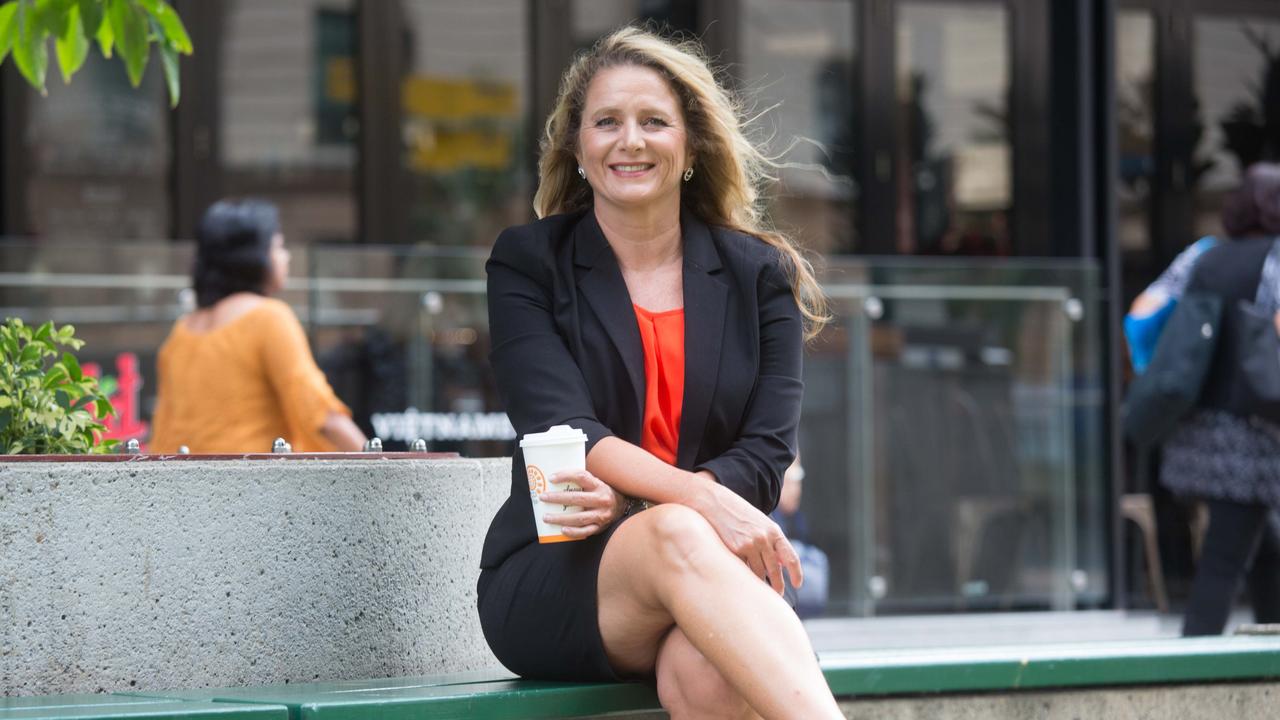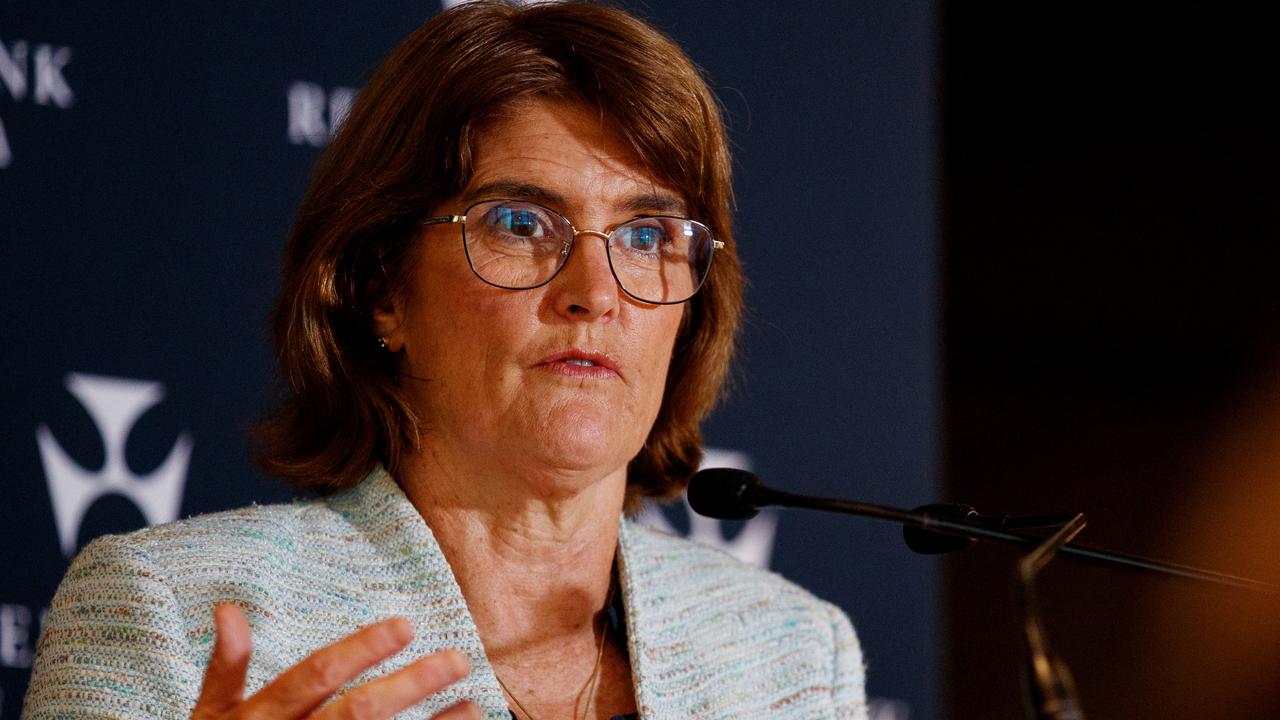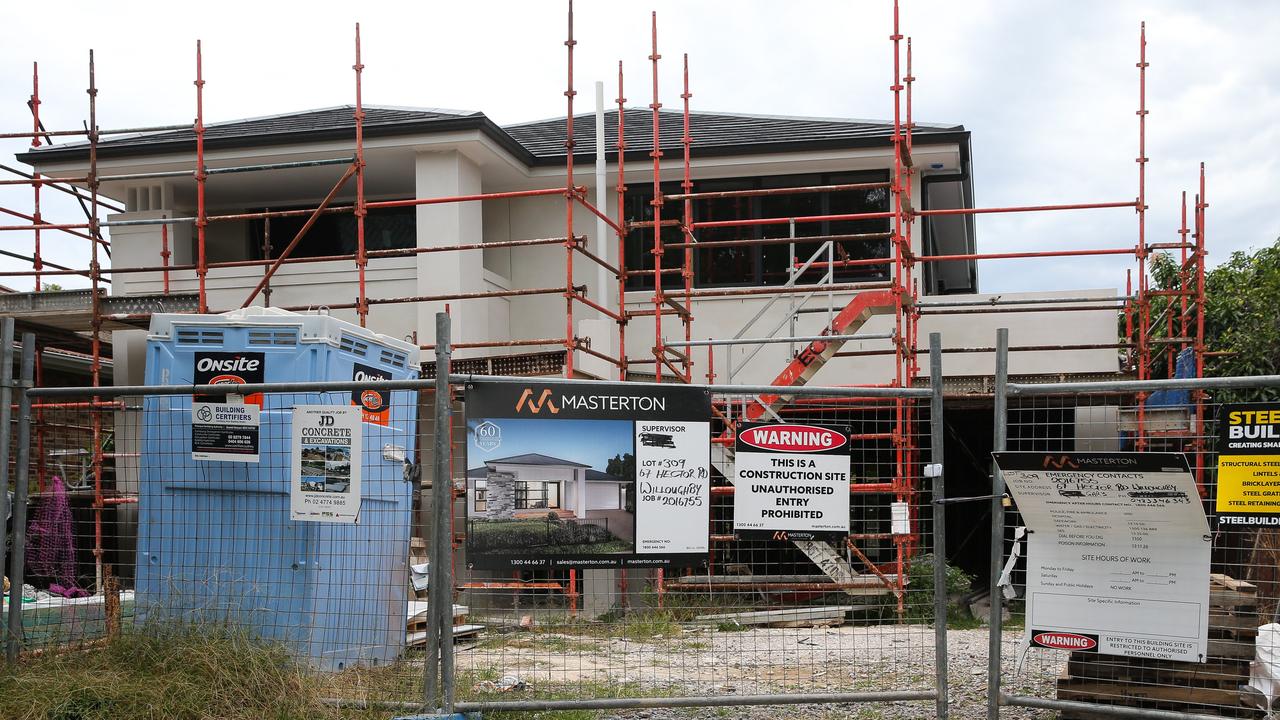Finance expert outlines the five common money mistakes costing you thousands
Financial expert Helen Baker has seen all the mistakes people make with their hard-earned cash and this one is at the top of her list.

While budgeting might not be a sexy topic of conversation, it’s necessary to achieve your goals and create the life you want.
Unfortunately, there are plenty of financial decisions that cost us dearly, but it’s not typically one big ticket item that breaks a budget, but rather, “death by a thousand cuts” as the saying goes. Just think about what you could do with an extra $2,500 to $5,000 in your pocket
“Let’s face it – nobody is perfect. We all make mistakes. But it’s foolish to repeat the same mistakes that others have made before us. When it comes to money, mistakes are plentiful,” says licenced Australian financial Adviser and author of On Your Own Two Feet Helen Baker.
The bright side is that your simple mistakes often have simple solutions and, says Ms Baker, the most expensive ones often boil down to five key things.
1. Taking financial advice from friends and family
In times of personal crisis, we often turn to our close network for support and advice but, says the personal finance expert, that may not be the best idea.
“They mean well, but taking money advice from friends and family is a big no-no. Yet I see it frequently, especially among people going through a divorce,” she warns.
“Those who speak from their own experience are not aware of the details that make everyone’s situation different.”
Choose your advisers well and check credentials thoroughly before you do engage someone for money advice too, the finance expert instructs. Check they’re licenced to practice, have a good reputation and, Ms Baker advises, don’t have vested interests that could push you a certain way.
“Consider professional advice only on matters they’re qualified to discuss: accountants aren’t licenced to give financial advice, and financial advisers are limited with their tax advice.
“You wouldn’t seek unqualified legal advice on important matters, so don’t entrust your hard-earned money to unqualified advice either. Mistakes generally cost more than the cost of advice,” she says.
2. Consolidating your super
At first glance, it seems logical: having multiple superannuation accounts means you’re paying multiple sets of fees, so if you roll them into one, you save. But it turns out it’s not that black and white.
“If you consolidate low-fee super accounts into a high-fee one, you’re actually losing money,” points out Ms Baker.
“Ads claiming you pay double the fees having two funds aren’t necessarily true: fees are generally calculated as a percentage of your super, so 1 per cent of say $200,000 is the same as 1 per cent of two $100,000 balances.”
RELATED: Postcode lottery of household bills revealed
But the biggest mistake when it comes to super relates to insurance, says Ms Baker. Life, disability, and income protection insurance can all be paid out of your super. If you close an account, the policies attached to that account in almost all cases are automatically terminated.
“Policies also differ between providers – you’re unlikely to get exactly the same policy in each one,” she says. “Also, there’s new legislation regarding minimum balances, active accounts and opting in. Many people only discover their mistake when they need to make a claim but are no longer covered.”
Ms Baker advises anyone thinking of consolidating their super to seek expert advice before they act and compare the details of each fund’s investments, fees, insurance policies and key criteria to keep insurance as they vary considerably.

3. Crystal balling
If the pandemic has taught us anything, it’s that we can’t predict the future. Even without Covid, economists regularly make predictions but rarely does it turn out as expected, just like picking who will win the grand final each year.
“Who predicted the global pandemic? No one. What about the resulting house price crash? Aussie real estate is booming,” says Ms Baker.
The same goes for calculators meant to determine how much super you’ll need for retirement, she says, pointing out that although many Aussies believe they’ll need $1 million to retire, it’s near impossible to know how much you’ll need until it’s time to do it.
“How can it factor in things such as future tax rule changes, Centrelink changes, spontaneous withdrawals, changes in employment or market fluctuations? They can provide false hope that you have enough so you needn’t do anything, or scare you into taking unnecessary risks.
“No one can see into the future, so don’t fall for hype and predictions. Seek advice, research and consider various possibilities, from worst to best case scenarios and everything in between.”
RELATED: Thrifty dad of seven slashes $2400 off bill
4. Trying to manage your own super
Believe it or not, many people get too distracted by the promise of investment earnings to examine the net return of those investments after cost. But, says Ms Baker, no-one knows exact future returns.
“Self-managed super funds (SMSFs) are a great example: the lure of control over your super often blinds people to the higher costs (and work and legal liability) they face. If they’re investing in funds the same as a retail fund, they can avoid the added cost by not having a SMSF,” she says.
“Statistics show many self-managed funds are in cash or term deposits because they are frozen by media sentiment and market volatility, too busy to give it the attention it needs, trying to market time, or investing in things they risk blowing up, all which risk less returns than a normal fund.
“Don’t look solely at expected returns because no one knows the future – focus on quality investments for a reasonable fee and combine strategic and investment advice.”
RELATED: ‘Netflix for solar’ promises big savings
5. Living in financial ignorance
It’s important that everyone takes an active interest and role in managing their own finances, advises Ms Baker.
“Many coupled people – especially women – leave financial matters to their spouse and don’t get involved. It’s to their own detriment,” she says.
“Then there are the issues of divorce and death. Nobody gets married expecting to divorce or be widowed early. But sadly, this can and does happen. If your partner dies suddenly or becomes your ex, it’s difficult to unpick where the funds have gone if you weren’t involved – especially at a time when you’re grieving and becoming accustomed to living on your own.
“Take an interest in your money, manage joint finances together and be accountable to an Adviser. Two heads are better than one and having that visibility can ward off a whole lot of problems.”



